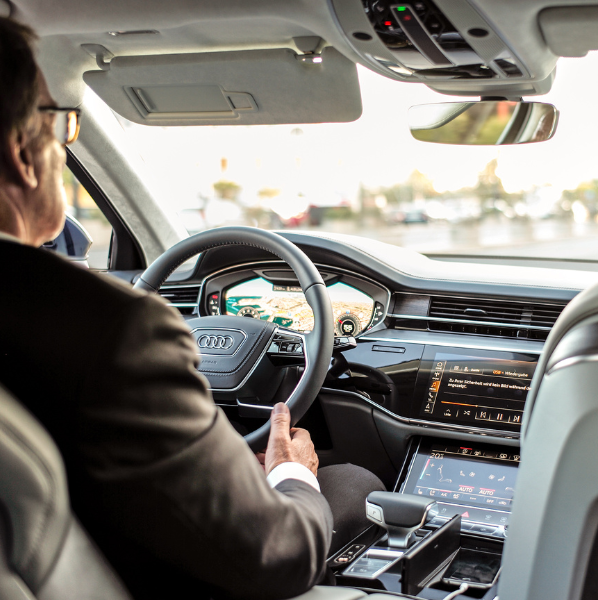Car Talk: Should You Be Driving In Your Later Years?
November 2, 2022

We’ve never shied away from the difficult discussion of whether and when older adults should hand over their keys and stop driving their cars. Clearly, there’s no one specific age at which older adults must stop driving- and to assume a senior will inevitably need to stop would be an ageist assumption. Everyone ages differently and retains or loses different skills and levels of functioning (for one fun example, take a look at this 100-year-old Italian woman who recently renewed her driver’s license). Yet, it’s undeniable that some older adults need to step back and reconsider whether they should still be on the road. The Washington Post recently reported that deaths on US roads soared to a 16-year high in 2021 and that fatalities among senior drivers jumped 14% in one year. In fact, during and since the pandemic, it appears dangerous driving has increased and road safety has not kept up with speed and traffic conditions. Whether for your own safety or for the safety of others you may encounter when out driving, the question becomes, do you have the skills and capacity to continue driving yourself?
According to another article in The Washington Post in 2020, there were more than 17 million drivers over the age of 75 on the road, and that number will rise as the population ages. There’s little doubt that vision impairment, hearing loss, arthritis, and diminished cognitive skills all contribute to potentially impairing your capacity to drive and respond to unexpected circumstances on the road. There is apparently no uniformity when it comes to Department of Motor Vehicles in each state determining how to assess older driver capacity. Some states require no updated proof of good vision- other states require in-person license renewal or eye exams. Existing data show that fatal car crashes are the highest per 100 miles driven among those over 80 years old. We also know that older drivers tend to hold on to older cars, which lack some of the most modern safety features that could benefit older drivers. The American Academy of Neurology has posted guidelines to help physicians identify unsafe older drivers and there are online exercises that older drivers can run through to see if it’s time to reconsider their driving habits. There’s even been recent research to determine the value of these online aids to guide the decision-making around driving for older adults. In fact, the literature on this issue has recommended that older adults work together with their loved ones and caregivers to come to an agreement about how to approach this difficult topic. Nonetheless, older adults who experience a level of mild cognitive impairment or even early in an Alzheimer’s diagnosis need to carefully contemplate whether their vision, hearing, attention, and decision-making skills are up to a level sufficient to allow themselves to safely be on the road. Involved caregivers need to be a part of that conversation and report their own findings and concerns to their loved ones. For more on this sensitive topic, read here.
Nonetheless, if you’ve come to the conclusion that your cognition and skills still permit you to be a careful and confident driver, there are some available safety features and gadgets to make your driving more comfortable and secure. For example, there are car seats that swivel to allow you to enter and exit the car more comfortably, and handles that can be added to make stepping in or out easier. There are also devices that improve your vision in the car, including your blind spots. And if you come to the conclusion that perhaps your days of driving are sunsetting, then perhaps you have thought about the option of a driverless car, where technology takes over and you become a passenger as pre-programmed algorithms determine your route and drive you to your destination. While that may seem a far-off fantasy, in fact, there are pilot programs of semi-automated or even driverless cars ongoing in cities across the country. Interested in hopping on board? Pew Research reports that few of us in our later years have much confidence in riding in such autonomous cars. So for now, it’s either you (or some other human) driving your car for the foreseeable future- or finding a different mode of transportation to keep you out and about.







